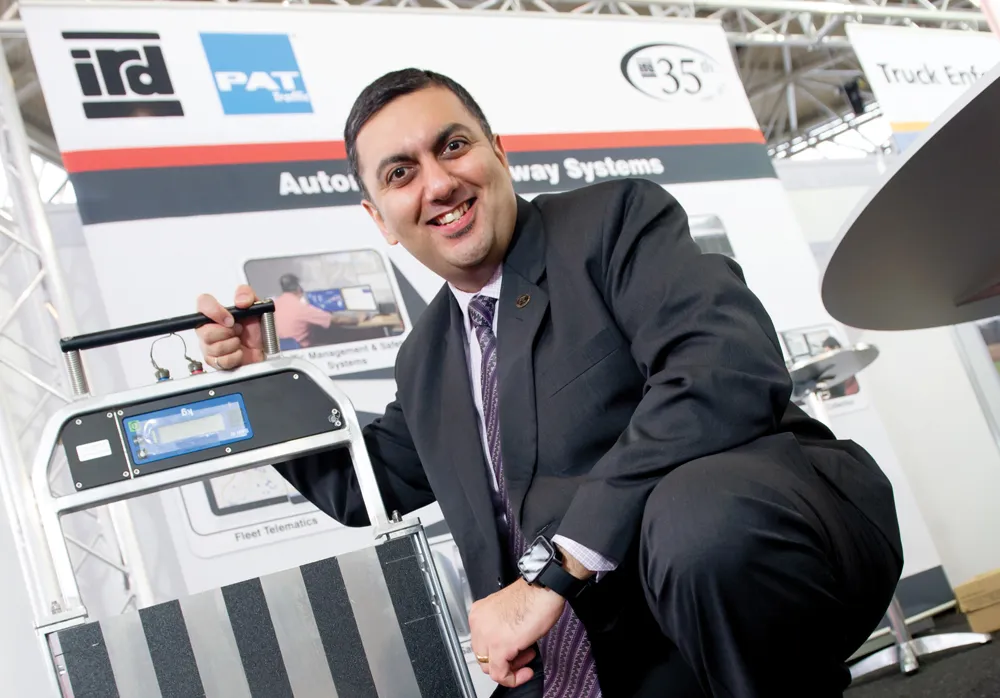Three UK police forces, Bedfordshire, Cambridgeshire and Hertfordshire (BCH) are to implement a StarTraq traffic offence management and enforcement system across all three forces, to improve overall efficiencies and assist them with road safety. Under the multi-year contract, UK-headquartered StarTraq will provide BCH with an integrated, user-friendly and dynamic solution that provides adjudication and document management capabilities.
January 30, 2013
Read time: 2 mins
Three UK police forces, Bedfordshire, Cambridgeshire and Hertfordshire (BCH) are to implement a 127 StarTraq traffic offence management and enforcement system across all three forces, to improve overall efficiencies and assist them with road safety. Under the multi-year contract, UK-headquartered StarTraq will provide BCH with an integrated, user-friendly and dynamic solution that provides adjudication and document management capabilities.
Using its StarTraq Dome dynamic offence management and enforcement system, the company will be set up the offence workflows for the three forces according to their needs and enable BCH to gain economies of scale brought about by collaboration.
BCH has entered into a strategic alliance to deliver a more cost-efficient service to the public of all three counties; aligning their ICT systems enables BCH to share resources easily while keeping IT maintenance costs and staff training requirements to a minimum.
StarTraq says it was awarded the contract against stringent criteria, such as integration into PentiP and providing value for money.
Commenting on the key benefits of the StarTraq Dome and collaboration between forces, Richard Talbott, head of sales at StarTraq explains, “Running a central ticket office is challenging and the processes involved need to be actively managed. BCH will be able to gain much more insight into their workload and will be able to quickly allocate resources appropriately.”
Allan Freinkel, CEO at StarTraq, further explains the benefits for BCH and StarTraq, “By collaborating with each other, BCH are able to share their licence costs, but maintain their three individual police identities. I am absolutely thrilled about this opportunity as this is the most significant tender in England for central ticket office regionalisation to have happened recently and confirms StarTraq as the solution of choice. I look forward to working closely with BCH to help maximise their efficiencies.”
Using its StarTraq Dome dynamic offence management and enforcement system, the company will be set up the offence workflows for the three forces according to their needs and enable BCH to gain economies of scale brought about by collaboration.
BCH has entered into a strategic alliance to deliver a more cost-efficient service to the public of all three counties; aligning their ICT systems enables BCH to share resources easily while keeping IT maintenance costs and staff training requirements to a minimum.
StarTraq says it was awarded the contract against stringent criteria, such as integration into PentiP and providing value for money.
Commenting on the key benefits of the StarTraq Dome and collaboration between forces, Richard Talbott, head of sales at StarTraq explains, “Running a central ticket office is challenging and the processes involved need to be actively managed. BCH will be able to gain much more insight into their workload and will be able to quickly allocate resources appropriately.”
Allan Freinkel, CEO at StarTraq, further explains the benefits for BCH and StarTraq, “By collaborating with each other, BCH are able to share their licence costs, but maintain their three individual police identities. I am absolutely thrilled about this opportunity as this is the most significant tender in England for central ticket office regionalisation to have happened recently and confirms StarTraq as the solution of choice. I look forward to working closely with BCH to help maximise their efficiencies.”









